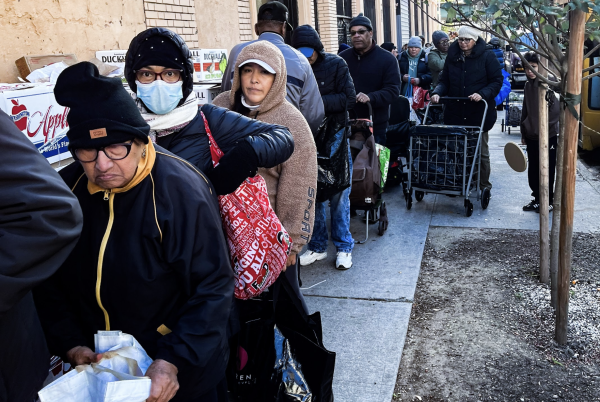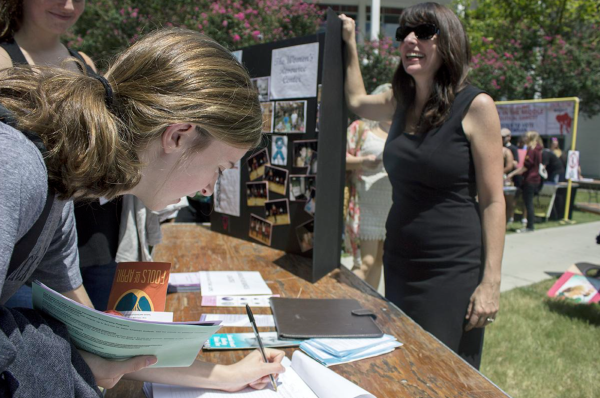EDITORIAL: Scholarships shouldn’t stagnate
Photo illustration by
College is overpriced, and each year, it gets worse. It got 3.5% worse this year, to be exact, when Loyola raised its tuition cost again, leaving students scrambling to find an additional $1,500 in scholarships, financial aid, or loans.
Many of us are in debt and have been since the day we turned 18. We’ve become resigned to living, and dying, in debt. We’re comfortable living in the negatives, uncertain if we’ll ever be able to afford these four years of education.
We need transparency. We need the university to communicate these changes to us and give us the time and resources to prepare.
While Loyola continues to raise its costs, it doesn’t offer enough support to currently enrolled students who are struggling to pay thousands of dollars more than they anticipated. We’re left with unresponsive staff, rising tuition bills, and debt. The university needs to provide support for students struggling to keep up with its annual tuition hikes.
The constant tuition increases and scholarship stagnation shows that universities are businesses, milking their students for ever growing bills until they run dry.
As teenagers in high school, we have two jarring realities — one where we ask our parents if we can stay out past 10 pm — the other where we drop thousands of dollars to secure our futures. We sign loans that we’re unsure we’ll ever be able to pay back before we’re old enough to drink or vote.
The higher education system knows that teenagers don’t have any sense of financial literacy, and they use that to their advantage. A $23,000 Loyola Presidential Scholarship seems like glitter and gold until students realize their total costs are near $55,000.
It’s necessary that Loyola provides incoming students with financial literacy resources with their financial aid letter so they know what they’re getting themselves into. The course should explain the difference between federal and private loans, loan forgiveness programs and how compounding interest works.
When you’re young and don’t yet have an understanding of supporting yourself, debt just seems like a part of life. It’s normalized to the point that high school seniors feel comfortable setting themselves up for a lifetime of payments in order to secure a degree.
As our tuition rises, our scholarships stay the same, forcing us to find last-minute solutions.
Instead of sending students an email notifying us of the increase, the university updates their website and tacks on an additional couple thousand onto our bills. Our semester bills aren’t sent to us until the summer, leaving students only a few months to find a way to cover the costs.
Loyola needs to adjust their scholarships to keep up with the cost of tuition. It’s heartless that a student can enter their freshman year debt-free, maintain a 4.0 GPA, and go into debt their sophomore year of college.
Returning students can lose academic scholarships, but they cannot gain them. The scholarship package that students accept their freshman year follows them through all four years and doesn’t proportionally increase with the cost of tuition. Each year, students pay more for the same education.
When we try to get help navigating financial aid and our new bills, we’re left in the dark. Financial aid is often inaccessible and hard to get in contact with. Financial aid services need to be readily available to students, and financial aid employees need to provide current, updated information about their availability.
Loyola needs to communicate with its students about the changes it’s making and provide support in navigating them.
We’re tired of penny pinching and the looming threat of debt. We’re tired of arguing with financial aid about an unexpected $1,500 bill. We’re tired of working our asses off just to sink more into debt year after year. We need the university to take its commitment to “cura personalis” one step further and support its students in mind, body, and wallet.

Oliver Bennett is a mass communications journalism and sociology major from Dallas, Texas and Natchitoches, Louisiana. This semester, he’s excited to...

Hannah Renton is a senior visual communication major and is working as Photo Editor this semester. She has previously worked as the Design Chief, Assistant...











